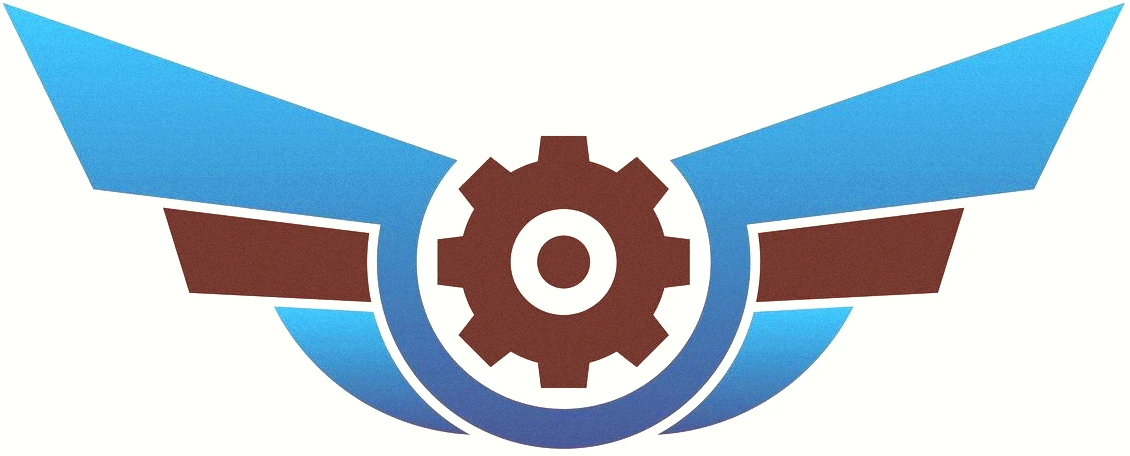The Aviation Maintenance Technology AAS degree at Lake Superior College is a 103-credit, FAA-approved program designed to prepare students for careers in aircraft maintenance and repair. Delivered on-campus over two years, this hands-on program equips graduates with the skills needed to maintain airframes, powerplants, and advanced aircraft systems in compliance with federal standards.
Quick Facts
- Length: 18 Months to 24 Months
- Cost: $17,000 to $20,000
- Location: Duluth, MN
- Website: https://www.lsc.edu/degrees/aviation-maintenance-technology-aas/
Aviation Maintenance Programs Overview
Aviation Maintenance Technology AAS Degree
Lake Superior College offers a comprehensive Aviation Maintenance Technology Associate of Applied Science degree requiring 103 credits over 24 months.
The FAA-approved program trains students in aircraft repair and maintenance through rigorous coursework including fundamentals, electrical systems, metallic and non-metallic structures, fuel systems, and both reciprocating and turbine engines.
Students complete 88 credits of technical courses plus 15 credits of general education electives from the Minnesota Transfer Curriculum.
Curriculum
The curriculum covers critical skills like troubleshooting electrical malfunctions, analyzing powerplant issues, repairing airframe structures, and maintaining aircraft according to FAA specifications.
Required classes include:
AMT 1450 Fundamentals I
This course covers foundational FAA AMT General topics including maintenance records, publications, aircraft drawings, corrosion control, materials, mechanic privileges, and basic physics and math. Students receive both lecture and hands-on lab experience.
AMT 1452 Fundamentals II
Students expand on General FAA AMT knowledge by studying fluid lines, ground operations, weight and balance, and additional materials processes. This course builds on concepts from AMT 1450 through lab-intensive instruction.
AMT 1454 Aircraft Electrical
This course introduces electrical principles across General, Airframe, and Powerplant FAA areas. Topics include basic electricity, aircraft wiring, fire protection, and engine electrical systems.
AMT 1460 Flight Controls and Avionics Systems
Students study aircraft assembly and rigging, instrumentation, and navigation systems. The course fulfills FAA Airframe I and II requirements through classroom and lab work.
AMT 1462 Metallic Structures
Focused on metal repair and fabrication, this course addresses FAA Airframe I competencies in sheet metal structures and aircraft welding. Students apply both theory and technical skills.
AMT 1464 Non-Metallic Structures
This course teaches repair techniques for non-metallic airframe components such as wood, aircraft fabric, and finishing systems. Instruction aligns with FAA requirements for structural materials.
AMT 1470 Aircraft Fuel and Landing Gear Systems
Students learn to inspect and maintain aircraft fuel, hydraulic, pneumatic, and landing gear systems. The course covers FAA Airframe II competencies with a focus on safety and function.
AMT 1472 Cabin Control and Inspection
This course examines cabin atmosphere systems, ice and rain control, and airframe inspections. Students gain experience meeting FAA inspection standards and climate system operations.
AMT 2410 Reciprocating Engines I
Students study internal combustion engine systems including lubrication, cooling, induction, ignition, exhaust, and fuel metering. The course prepares students for advanced engine repair.
AMT 2412 Propellers and Reciprocating Engine Repair
This course covers propeller operation and engine installation procedures. Students fulfill FAA Powerplant requirements using practical engine lab exercises.
AMT 2414 Reciprocating Engine Inspection
Focusing on engine inspection and overhaul techniques, this course teaches FAA-compliant practices for maintaining reciprocating powerplants.
AMT 2420 Turbine Engines I
Students explore turbine engine systems including cooling, exhaust, ignition, induction, lubrication, and instrumentation. The course provides a foundation in jet engine theory and maintenance.
AMT 2422 Turbine Engines II
Building on Turbine Engines I, students study turbine engine installation, inspections, auxiliary power units, and unducted fans in alignment with FAA standards.
AMT 2430 AMT Capstone
This final course integrates knowledge from all prior instruction. Students complete hands-on maintenance tasks, apply FAA procedures, and demonstrate readiness for certification.
Cost
Based on LSC’s tuition rate of $166.52 per credit plus $26.55 in fees, the total program cost is approximately $19,885 for Minnesota residents. The program culminates in an AMT Capstone course preparing students for the FAA Airframe and Powerplant Mechanic certification exam.
Aviation Maintenance Technology Diploma
LSC also offers an 88-credit Aviation Maintenance Technology diploma program that can be completed in approximately 18 months. This diploma includes the same technical coursework as the AAS degree but excludes general education requirements. The program seamlessly transfers to the full AAS degree, allowing students flexibility in their educational pathway.
The diploma covers identical technical competencies including aircraft electrical systems, flight controls, avionics, engine repair, and inspection procedures.
Cost
At LSC’s current tuition rates, the diploma program costs approximately $16,985 for Minnesota residents. Both programs utilize the same state-of-the-art facilities and prepare graduates for identical FAA certification requirements.
Program Features
LSC’s aviation programs operate from the Center for Advanced Aviation, a 40,000 square foot facility adjacent to Duluth International Airport and neighboring Cirrus Aircraft.
Industry Partnerships
The college maintains strategic partnerships with major industry players including Delta Air Lines, AAR, and Cirrus Aircraft, providing students direct pathways to employment. AAR’s EAGLE Career Pathway program offers up to $15,000 in tuition reimbursements for qualifying students and includes job shadowing, mentoring, and guaranteed career advancement opportunities.
Accreditation
Lake Superior College operates within the Minnesota State college system and maintains FAA program approval for both aviation maintenance programs.
School Recognition
The institution features the second-lowest tuition rates in the Minnesota State system and has been nationally recognized among the top 20 community colleges for quality and affordability. LSC serves over 10,000 students and offers more than 90 programs across its 97-acre campus overlooking Lake Superior, with a strong emphasis on hands-on technical training and industry partnerships.
